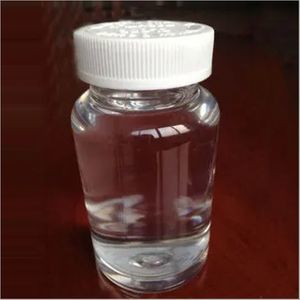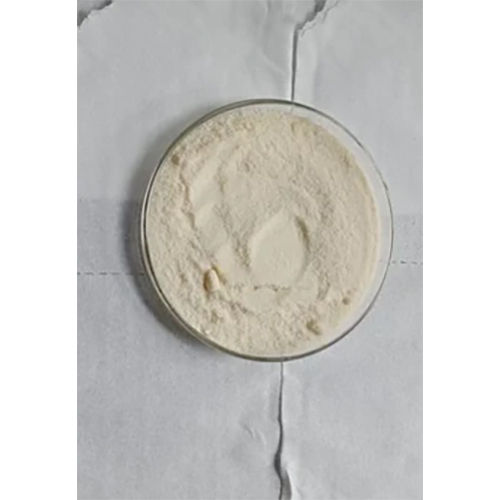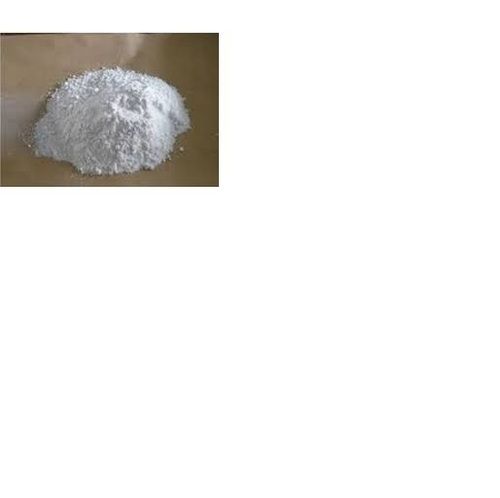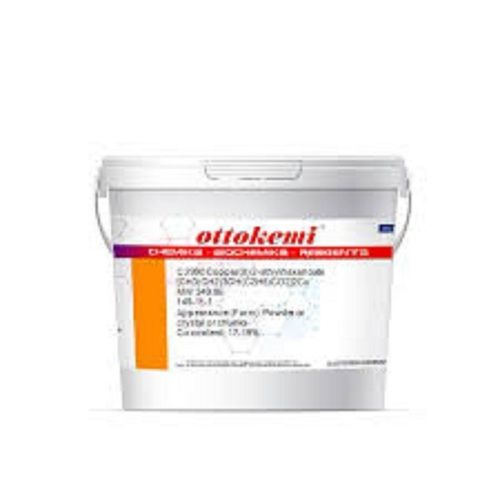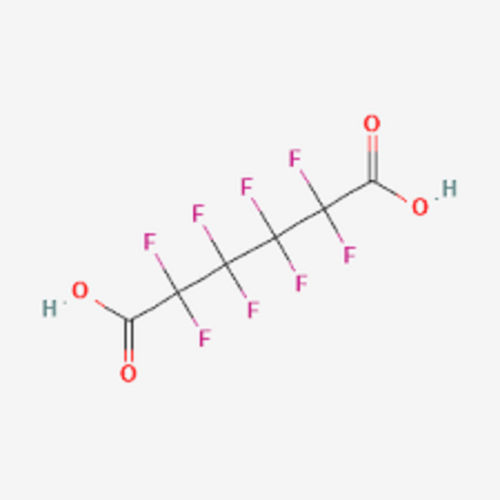Welcome to Our Company
Propylene Glycol
890 INR/Kilograms
Product Details:
- Storage Room Temperature
- Molecular Formula C3H8O2
- Purity 99%
- Density 1.04 Gram per cubic centimeter(g/cm3)
- Form Liquid
- Molecular Weight 76.09 GSM (gm/2)
- Boiling point 188.2 C
- Click to View more
X
PROPYLENE GLYCOL Price and Quantity
- 1 Kilograms
- 890 INR/Kilograms
PROPYLENE GLYCOL Product Specification
- Room Temperature
- 76.09 GSM (gm/2)
- 99%
- 188.2 C
- C3H8O2
- 57-55-6
- Industrial
- 1.04 Gram per cubic centimeter(g/cm3)
- Medicine Grade
- Liquid
Product Description
As a synthetic liquid chemical, Propylene Glycol has wide applications in cosmetics, food manufacturing, pharmaceutical and also in other industries. Free from odor, this colorless liquid chemical has no taste. Its texture is distinctively oily by nature. Classified under C2H5OH group of chemicals, it has excellent water absorption capacity. It readily dilutes in different solvents. It tends to vaporize when heated or is shaken continuously with force. As per FDA regulation, this chemical is safe to handle for its toxin free composition.
Uses of Propylene Glycol:
1. Propylene glycol is a versatile compound with various applications in several industries due to its properties, including being colorless, odorless, and having low toxicity. Here are some common uses of propylene glycol:
2. Food and Beverage Industry: Propylene glycol is used as a food additive (E1520) to enhance moisture retention and preserve the freshness of various food products. It can be found in processed foods, baked goods, dairy products, and beverages.
3. Pharmaceuticals: Propylene glycol is used as a solvent and excipient in pharmaceutical formulations, such as oral and topical medications, to help deliver active ingredients and enhance drug stability.
4. Cosmetics and Personal Care Products: It is utilized in cosmetics, lotions, creams, shampoos, and other personal care products as a moisturizer, emulsifier, and solvent.
5. E-liquids and Vaping Products: Propylene glycol is a common ingredient in e-liquids used in electronic cigarettes and vaping devices to create the vapor when heated.
6. Antifreeze and Coolants: Propylene glycol is used as an alternative to ethylene glycol in some antifreeze and engine coolant formulations, especially in applications where the risk of accidental ingestion is a concern.
7. HVAC and Refrigeration: Propylene glycol is used in the formulation of antifreeze solutions for heating, ventilation, air conditioning (HVAC) systems, and refrigeration systems.
8. Deicing Solutions: Propylene glycol-based deicing fluids are used to remove ice and snow from aircraft, runways, and other surfaces without causing damage.
9. Industrial Applications: Propylene glycol is used in various industrial processes as a heat transfer fluid, coolant, and solvent.
10. Agriculture: In the agriculture sector, propylene glycol is used as a carrier for agricultural chemicals, such as pesticides and herbicides, to improve their dispersion and effectiveness.
11. Tobacco Industry: Propylene glycol is sometimes used in the tobacco industry to help keep tobacco moist and prevent it from drying out.
It is essential to note that while propylene glycol is considered safe for its intended uses, some individuals may be sensitive to it, experiencing skin irritation or other adverse reactions. As with any chemical, it is crucial to handle and use propylene glycol responsibly and in accordance with safety guidelines and regulations.
Propylene Glycol Properties:
1. Physical State: Propylene glycol is a clear, colorless, and odorless liquid at room temperature.
2. Solubility: It is highly soluble in water, which makes it an excellent solvent for various applications.
3. Boiling Point: The boiling point of propylene glycol is approximately 188.2 degree centigrade. This relatively high boiling point allows it to be used in high-temperature applications.
4. Melting Point: The melting point of propylene glycol is around -59 degree centigrade. Its low freezing point makes it suitable for use in antifreeze and deicing solutions.
5. Density: The density of propylene glycol is about 1.036 g/cm3 at room temperature.
6. Viscosity: Propylene glycol has a relatively low viscosity, making it flow easily and mix well with other substances.
7. Hygroscopic: It is hygroscopic, meaning it has the ability to absorb and retain moisture from the surrounding environment.
8. Flash Point: Propylene glycol has a high flash point, making it less flammable compared to some other organic solvents.
9. Non-Toxic: It is considered to be low in toxicity for humans and animals, and it is generally recognized as safe (GRAS) by regulatory authorities when used in appropriate concentrations.
10. Chemical Stability: Propylene glycol is stable under normal conditions and does not undergo significant chemical reactions.
11. pH: It is neutral, having a pH close to 7, which makes it compatible with a wide range of substances.
FAQ:
Q. What is propylene glycol?
Ans: Propylene glycol (C3H8O2) is a synthetic organic compound and a type of diol (glycol). It is a clear, colorless, and odorless liquid with various industrial and commercial applications.
Q. What are the uses of propylene glycol?
Ans: Propylene glycol is used as a food additive, pharmaceutical excipient, moisturizer in cosmetics, antifreeze, coolant, heat transfer fluid, solvent, carrier for agricultural chemicals, and more.
Q. Is propylene glycol safe?
Ans: Propylene glycol is generally recognized as safe (GRAS) by regulatory authorities when used in appropriate concentrations. However, some individuals may be sensitive to it and experience skin irritation or other adverse reactions.
Q. What are the differences between propylene glycol and ethylene glycol?
Ans: Propylene glycol and ethylene glycol are both glycols, but they have distinct properties and applications. Propylene glycol is less toxic and used in various products, such as food, cosmetics, and pharmaceuticals. Ethylene glycol is highly toxic and primarily used in antifreeze and deicing solutions.
Q. Can I use propylene glycol in my e-cigarettes or vaping devices?
Ans: Yes, propylene glycol is commonly used as a base in e-liquids for e-cigarettes and vaping devices to create vapor when heated.
Q. How is propylene glycol different from glycerin?
Ans: Propylene glycol and glycerin (glycerol) are both types of glycols, but they have different chemical structures and properties. Glycerin is more viscous and sweeter, while propylene glycol is less viscous and practically tasteless.
Q. Can I use propylene glycol as a substitute for alcohol in recipes?
Ans: Propylene glycol is not a suitable substitute for alcohol in recipes as it has different chemical properties and will not serve the same purpose as alcohol in cooking or baking.
Q. Is propylene glycol environmentally friendly?
Ans: Propylene glycol is considered relatively safe for the environment. However, its environmental impact depends on the specific application and usage. Proper disposal and adherence to environmental regulations are essential.
Q. Can I use propylene glycol to deice my driveway or sidewalks?
Ans: Propylene glycol-based deicers are available for removing ice and snow, but their effectiveness may vary compared to traditional salt-based deicers. Always follow the product instructions and consider its impact on the environment.
Q. Can propylene glycol be ingested accidentally?
Ans: Propylene glycol is considered low in toxicity, but accidental ingestion of large amounts can cause gastrointestinal discomfort. It is essential to keep products containing propylene glycol out of reach of children and pets.
Tell us about your requirement

Price:
Quantity
Select Unit
- 50
- 100
- 200
- 250
- 500
- 1000+
Additional detail
Mobile number
Email


